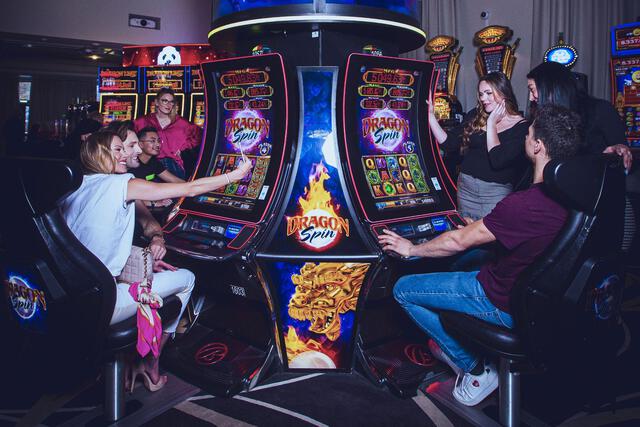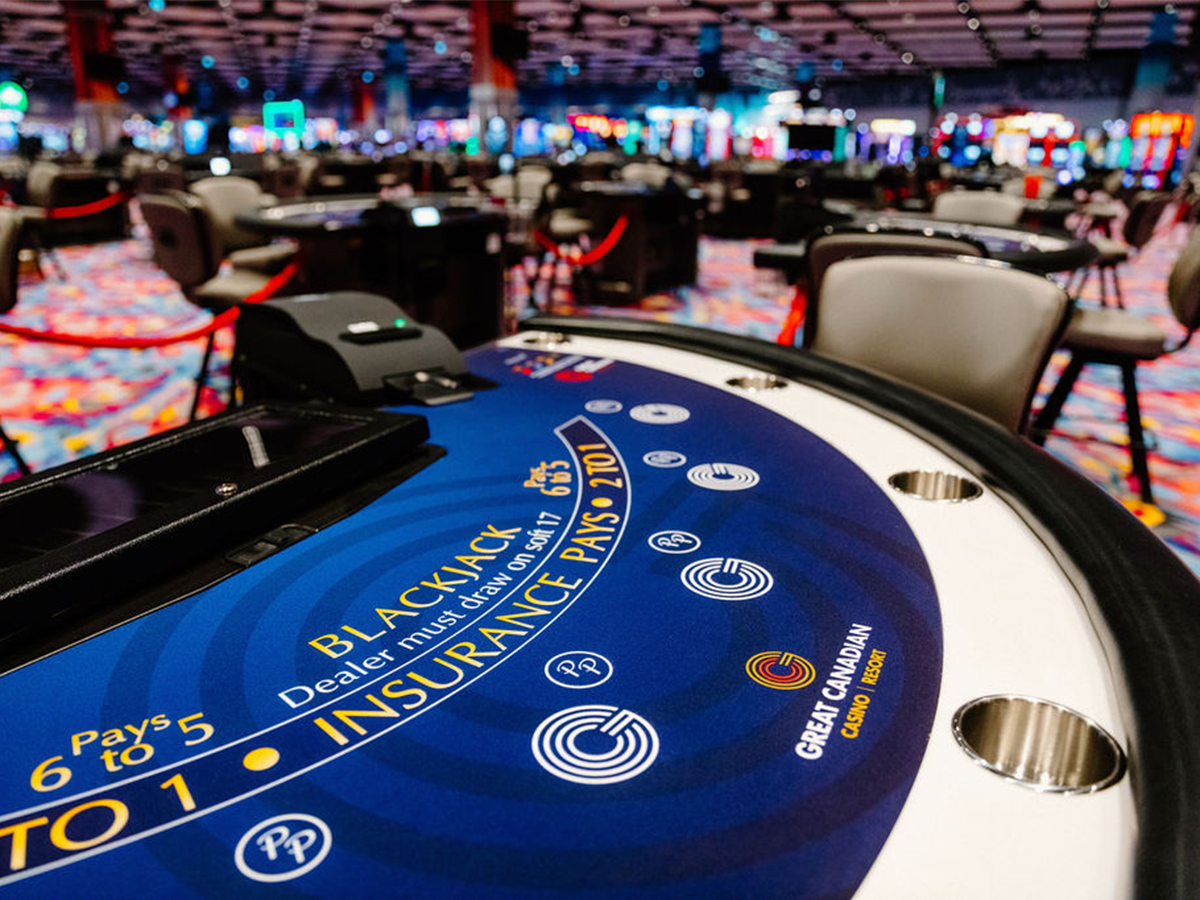The Ascent and Impact of Internet Gaming: A Cutting edge Peculiarity
In the huge scene of computerized diversion, not many peculiarities have formed our recreation time and social collaborations as significantly as web based gaming. What started as a specialty leisure activity has developed into a worldwide industry, reclassifying how individuals play, interface, and contend in virtual conditions. From the earliest text-based experiences to the rambling virtual universes of today, internet gaming has pushed mechanical limits as well as changed social standards and financial scenes.
Beginnings and Advancement
Web based gaming’s foundations can be followed back to the late gila138 slot login twentieth century when the approach of home PCs and the web prepared for multiplayer encounters. Early internet games like MUDs (Multi-Client Prisons) and MUD2 permitted players to collaborate in text-based conditions, making way for more perplexing multiplayer games. As innovation progressed, graphical capacities improved, empowering the advancement of outwardly dazzling and vivid universes that could be gotten to from anyplace on the planet.
Variety of Internet Gaming
Today, internet gaming incorporates many classifications and stages, taking care of different interests and inclinations. From First-Individual Shooters (FPS) and Hugely Multiplayer Online Pretending Games (MMORPGs) to Fight Royale and Reproduction games, there is something for everybody. Versatile gaming has likewise flooded in prevalence, offering open and helpful gaming encounters on cell phones and tablets.
Social Network and Local area
One of the main effects of internet gaming is its capacity to associate individuals across geological and social limits. Online multiplayer games encourage networks where players team up, contend, and structure fellowships. Stages like Strife have additionally improved this social perspective, giving spaces to players to talk, plan, and offer encounters past the bounds of the actual game.
Financial Force to be reckoned with
Past its social perspectives, web based gaming is an imposing monetary power. The business creates billions of dollars every year through game deals, memberships, in-game buys, and promoting. The ascent of eSports has transformed serious gaming into a pro game, with competitions drawing monstrous crowds and offering significant award pools. Proficient gamers have become VIPs, acquiring sponsorships and supports similar to customary competitors.
Mechanical Headways and Future Patterns
Looking forward, the fate of internet gaming guarantees much more advancement and development. Advances like computer generated simulation (VR) and increased reality (AR) are ready to alter gaming encounters, offering extraordinary degrees of drenching and intuitiveness. Cloud gaming administrations are making top of the line gaming available on low-spec gadgets, while progressions in man-made consciousness (man-made intelligence) are improving game authenticity and player commitment.
Difficulties and Contemplations
In any case, the fast development of web based gaming has not been without challenges. Issues like gaming enslavement, online provocation, and the moral ramifications of microtransactions have ignited discussions and calls for administrative oversight. Engineers and stages are progressively zeroing in on player prosperity and dependable gaming practices to guarantee a positive and economical gaming climate.
End
All in all, web based gaming has developed from a specialty hobby into a worldwide social peculiarity with broad effects on innovation, financial matters, and social elements. As it proceeds to develop and grow, internet gaming will probably shape the fate of amusement and computerized connection, offering new encounters and potential open doors for players around the world. As we explore the intricacies and possibilities of this computerized wilderness, one thing stays clear: internet gaming is setting down deep roots, impacting and rousing ages to come.…














